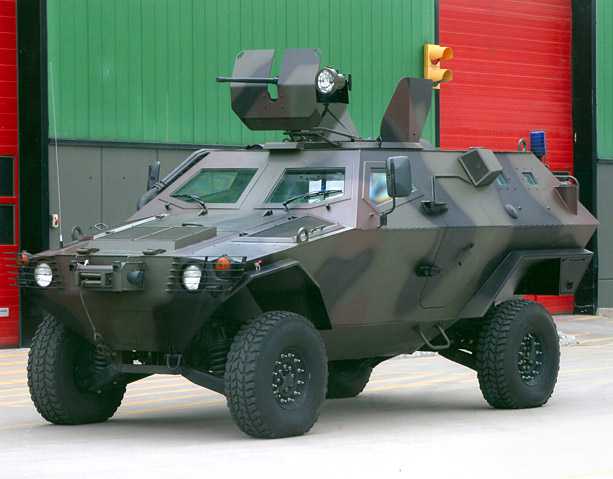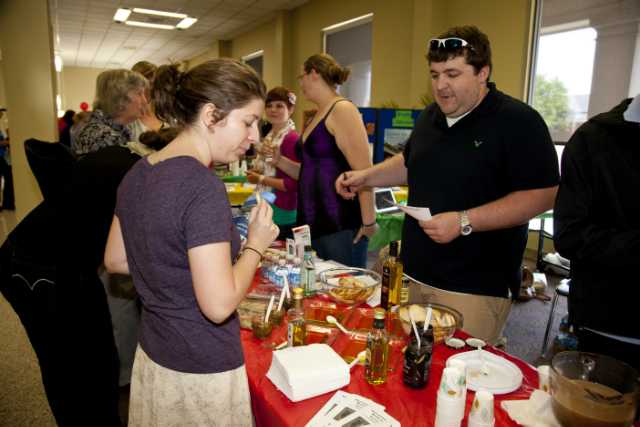Turkey is now emulating China’s push to boost trade with East Africa, on top of eroding the market share of Africa’s traditional European and North American trading partners.
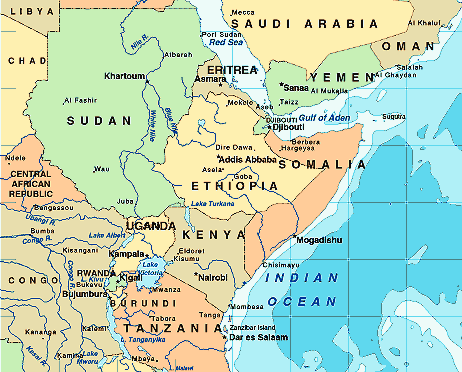
The Turkish deputy Prime Minister Bulent Arinc his opening speech of the ongoing Turkey-Africa forum, in the Turkish Capital, Ankara; said that Africa holds a special relationship of brotherhood and business in the heart of Turkey.
“We are committed to do business with Africans on an equal footing. We are opening up ourselves for Africa than any other Western country. Contrary to colonist powers, Turkish investors try to process resources of Africa within the respective African countries” Arinc added.
The forum is being attended by journalists and delegates from 54 countries.
Turkey, he said, has massively grown its trade, industry and construction sector in the previous years on the African continent. He also applauded Ugandans for their hospitality; a spirit the deputy premier said, “Will help Turkey increase its investments in Uganda.”
“Alongside business, we will also help establish peace and stability on the continent,” he added. Turkish personnel, he said, and financial aid, are deployed in six nations in Africa.
By the end of the 2012, there will be 33 Turkish embassies in Africa, with several more to open in the coming years. Turkish Airlines now has regular flights to Addis Ababa, Dakar, Johannesburg, Nairobi and Lagos, seeking to turn Istanbul into a major hub for African travelers.
Turkey’s trade with Africa has recently exceeded the US$ 10 billion mark – slightly less than one tenth of China-Africa trade, but a tenfold increase since 2000 nonetheless.
The recent African Economic Outlook report shows that Turkey is massively extending its fronts in construction and trade on the African continent.
It has joined hands with the other economic super powers to account for about 39 percent of Africa’s trade in merchandize in 2009; up from 23 percent a decade earlier, partly reads the report.
The findings are in the report produced by the African Development Bank, the Organization for Economic Cooperation and Development, the United Nations Development Programme and the UN Economic Commission for Africa.
China accounted for 13.9 percent of Africa’s total trade of $629 billion in 2009, while India accounted for 5.1 percent, South Korea 2.6 percent, Brazil 2.5 percent, Turkey 2.4 percent and Thailand 1.1 percent, according to the outlook.
Africa’s new trading partners may also help it reduce its reliance on exports of raw materials. While 85 percent of foreign direct investment flows from traditional investors go into resource-rich countries, the ratio for emerging partners is closer to 70 percent.
Turkey-Uganda relations are on the rise both socially and economically as part of Turkey’s outreach to African countries to support stability and security, and fixing poverty related issues. Of late, they have also crossed into the road construction sector.
High-level visits, forums, investment and trade delegations between the countries are broadening each country’s knowledge. Of recent a top Government delegation was on an official visit in Uganda.
Education was Turkey’s first investment in Uganda followed by the opening of the Turkish Airlines in June this year. Turkish foreign ministry made a declaration in 2005 to turn Africa into the country’s investment hub and her airline’s most valuable destination.
Of late, the East African Community started considering a non-binding trade and investment deals proposed by Turkey, according to Bloomberg News.
The community may in future consider entering similar accords with other emerging economies including India and China. The East African Community comprises Kenya, Uganda, Tanzania, Rwanda and Burundi.
First established in 1967, the community was re-established in 2000 after it was dissolved in 1977, according to its official website. South Sudan and Somalia have applied to become full members of the community.
Usman Bugaje one of the top researchers and publishers from Nigeria says that there is nothing wrong from Turkey picking a few lessons from what other countries like China and India have done. He strongly believes that Turkey will be a great force on the African continent.
Rabeb Aloui a political and economic news analyst in Tunisia says that Turkey has a great future since it has already made a massive penetration on the African continent. “It just requires all of us to be strong and work together as a continent to sort out the demands of our societies; taking advantage of the available opportunities of development partners,” Aloui says.
Prof. Dr. Hailemicheal Aberra, the former Academic President for Addis Ababa University for the last 15 years says that, “We should handle ethnicity diversity through inclusion to ensure political stability, if we are to protect the gain attained in the continent’s development.”
“We should speak about the problems that affect the country openly and ethnic conflicts must be handled well to avoid continuous strife,” he adds.
Prof. Dr. Ahmet Kavas believes that Africans are very talented, intelligent and hardworking people. “There is no continent which can survive without the support of the African continent’s people. But there should be a way Africans must exploit this potential, get together and flourish,” he adds.
via allAfrica.com: East Africa: Turkey Turns to Region – Follows China.


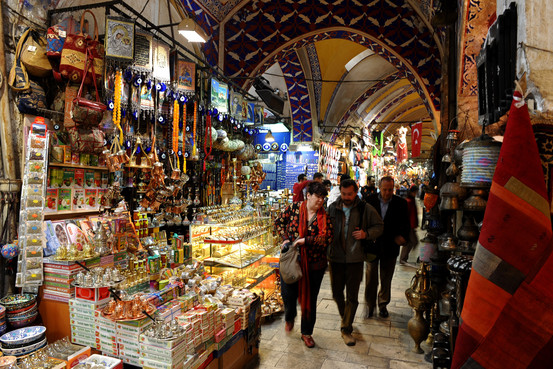


![Please Be a Little More Quiet When Shouting at Your Customers 6 [TURKSHOUT]](http://sg.wsj.net/public/resources/images/HC-GQ714_TURKSH_BV_20120513170508.gif) Fatih police patch
Fatih police patch
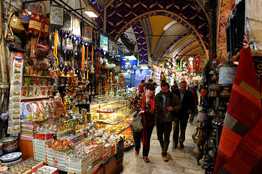 “You know, the shouting is sometimes just too much. They shout ‘come! come!’ after you, even if you don’t want to buy,” she says. “Its uncomfortable; they kind of stick to you.”
“You know, the shouting is sometimes just too much. They shout ‘come! come!’ after you, even if you don’t want to buy,” she says. “Its uncomfortable; they kind of stick to you.”